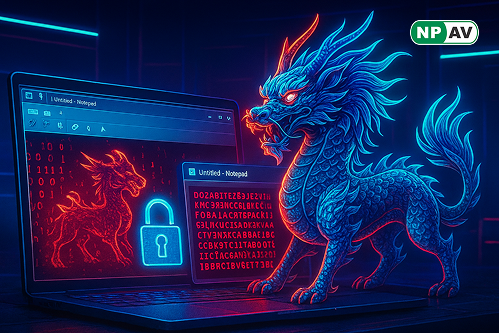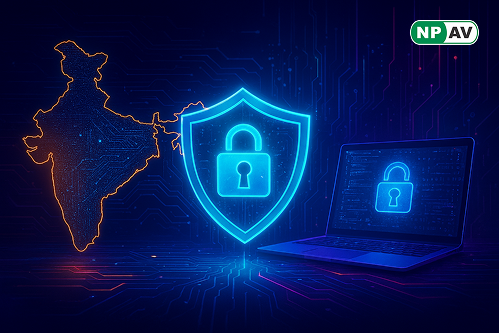Blogs
-
Read moreQilin ransomware uses Windows tools to steal data—learn about its tactics, targets, and defenses like monitoring and segmentation to protect against this growing threat.
-
Read moreAWS outage in US-EAST-1 caused by DNS failures—learn about the impact, recovery, and tips to mitigate cloud disruptions like this October 2025 incident.
-
Read moreCVE-2025-22167 in Jira allows file alteration via path traversal—learn affected versions, risks, and upgrade steps to secure your project management systems.
-
Read moreM&S terminates TCS contract post-₹3,200 crore breach—learn about social engineering tactics, outsourcing risks, and the need for stronger cybersecurity measures.
-
Read moreRedTiger infostealer targets gamers for Discord and crypto theft—learn about its persistence, exfiltration methods, and tips to secure your accounts from this growing threat.
-
Read moreYouTube Ghost Network spreads malware via viral videos—learn about the tactics, payloads like Rhadamanthys, and tips to avoid game hacks and cracks that hide threats.
-
Read moreLazarus targets European drone firms with ScoringMathTea RAT—learn about the Operation DreamJob tactics, evasion methods, and defenses to protect against state-sponsored espionage.
-
Read moreZero-day in Galaxy S25 allows remote camera activation and tracking—learn about the Pwn2Own exploit, risks, and tips to secure your Samsung device with updates.
-
Read moreTRAI's JCoR meeting introduces real-time validation, numbering plans, and whitelisting—learn about India's efforts to combat spam, phishing, and fraud in the digital economy.
-
Read more131 rebranded Chrome extensions spam Brazilian users via WhatsApp—learn about the violations, white-label model, and tips to avoid risky add-ons and protect your messaging.
-
Read moreCanva's major outage, linked to AWS failure, affects login and editing—learn about the disruption, user complaints, and alternatives to stay productive during downtime.
-
Read moreEuropean authorities arrest 7 in SIMCARTEL operation, seizing SIMs used for fraud—learn about the scams, losses, and tips to avoid becoming a victim of cybercrime networks.
-
Read more8Base ransomware claims to have stolen Volkswagen data—learn about the allegations, company's response, and tips for supply chain security to avoid similar breaches.
-
Read moreDefenderWrite exploits whitelisted Windows programs to drop malware in AV folders—learn about its method, testing, and defenses like auditing whitelisting to protect against persistence threats.
-
Read moreCVE-2025-11001 and CVE-2025-11002 in 7-Zip allow code execution via malicious ZIPs—update to v25.00, disable symlinks, and use antivirus to avoid path traversal attacks.
-
Read moreMaharashtra cyber scam defrauds 72-year-old of ₹58 crore via fake TRAI calls—learn about psychological manipulation, arrests, and tips to verify authorities and report frauds quickly.
-
Posted: October 18, 2025Views: 75Read moreWaterPlum's Cluster B deploys OtterCandy via ClickFake campaigns—learn about its theft features, v2 updates, and defenses like monitoring Node.js to protect against credential and crypto theft.
-
Read moreTikTok videos lure users with fake Photoshop activators, delivering AuroStealer via PowerShell—learn to avoid risky commands, use antivirus, and enable MFA to protect against credential theft.
-
Read moreMicrosoft's report shows AI boosting phishing success to 54% click-through—learn about ClickFix trends, nation-state AI use, and defenses like MFA to protect against evolving cyber attacks.
-
Read moreUNC5342 uses EtherHiding to embed malware in smart contracts for credential theft—learn to spot fake jobs, restrict downloads, and bolster defenses against these evolving cyber attacks.

























